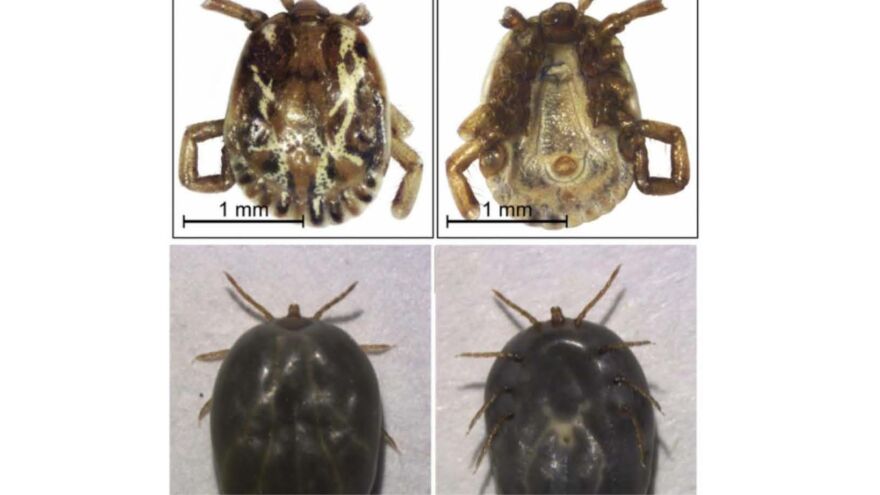The Connecticut Agricultural Experiment Station is warning residents about new invasive species of ticks they’ve found in the state.
Dr. Goudarz Molaei, an epidemiologist in charge of the state’s Tick and Tick-borne Disease Surveillance Program, said in the past week, they have identified at least four living, exotic ticks from people returning from Europe, Africa and Central and South America.
“[Residents] go to some areas that are infested with ticks, particularly areas that are animal sanctuaries, they go to parks and horseback riding and all those activities,” Molaei said, “and when they return ticks hitchhike on them and bring ticks to Connecticut and the United States through our state.”
He said if these ticks get into the local environment, they will become a major risk to public health, as well as to pets and farm animals.
“All it requires is to have a couple of ticks hitchhiking on human travelers, and released when they are in Connecticut then they can start their own populations and because we do not have that harsh winter anymore that would be a limiting factor for them, they can continue expanding their populations,” he said.
Molaei said Connecticut is becoming more hospitable for invasive species due to climate change and warmer winters, including the lone star tick, Gulf Coast tick and the Asian longhorned tick in recent years.


